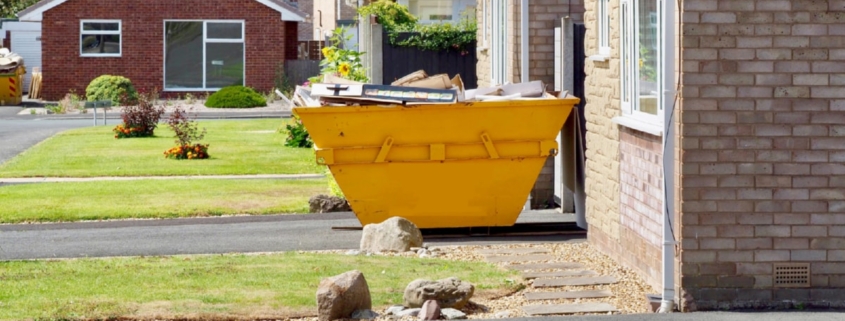Importance of Quality Control in Construction Industry 6572
In the ever-evolving world of construction, it’s crucial to stay updated with the latest tools and techniques. From basic hand tools to advanced machinery, the right equipment can make a huge difference in the efficiency and quality of your work. Here are the top 10 tools every contractor needs:
1. Hammer: A classic, indispensable tool for any contractor.
2. Tape Measure: Accurate measurements are at the heart of any construction project.
3. Screwdriver Set: A basic necessity for any construction task.
4. Circular Saw: For efficient cutting of wood and other materials.
5. Drill: A must-have for drilling holes in various materials.
6. Spirit Level: Essential for achieving accurate alignment.
7. Pliers: A versatile tool used for gripping and cutting.
8. Ladder: For reaching high places safely.
9. Wheelbarrow: Useful for transporting heavy materials across the site.
10. Safety Gear: Helmets, gloves, and boots are essential to maintain safety standards on the construction site.
Being well-versed in building regulations is a fundamental part of construction. These rules and standards ensure the safety and quality of buildings. They cover everything from structural safety, fire protection, energy efficiency, to accessibility. Keeping up-to-date with these regulations is crucial as they are often updated.
Choosing the right materials for your construction project is a critical decision that affects both the quality and cost of the work. Whether you’re using traditional materials like wood and steel or exploring sustainable alternatives like bamboo and recycled plastic, your choice should be guided by the project’s needs, your budget, and environmental impact.
Construction has come a long way in the 21st century, with innovative techniques transforming the industry. From 3D printing, modular construction, to the use of drones for surveying, these advancements have made construction quicker, safer, and more efficient.
Safety on a construction site should be a major concern. From wearing the right safety gear, ensuring the proper use of tools, to regular safety training for workers, these measures can significantly reduce the risk of accidents.
In conclusion, being a successful contractor involves having the right tools, understanding building regulations, choosing suitable materials, keeping up with the latest techniques, and prioritizing safety.
For more details, check best Roof Repair Services Dublin or visit their Roof Repair Services Dublin business listing here.



